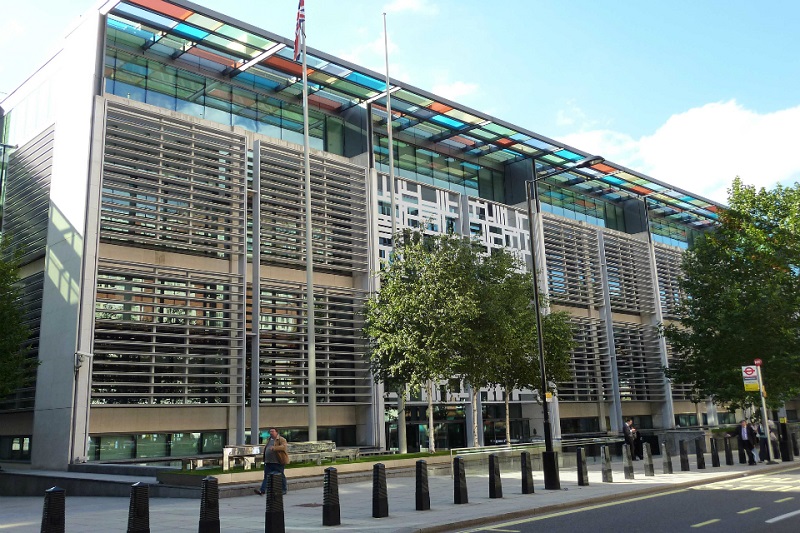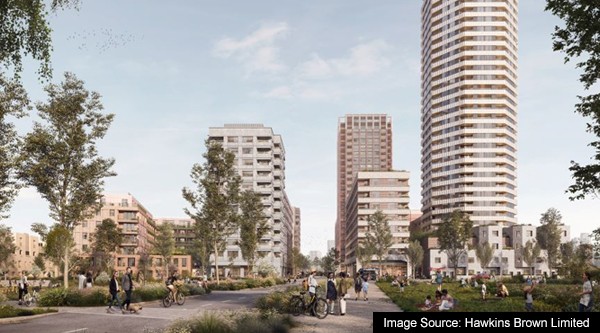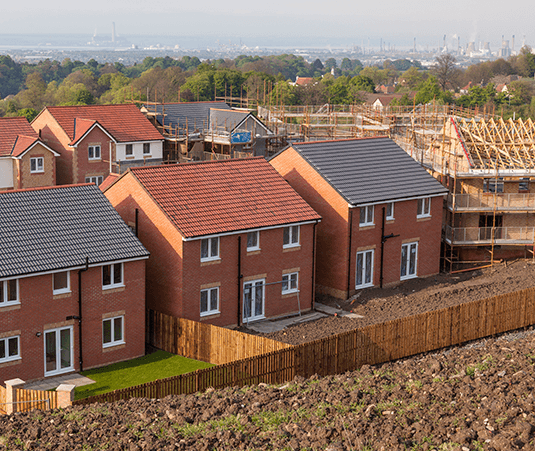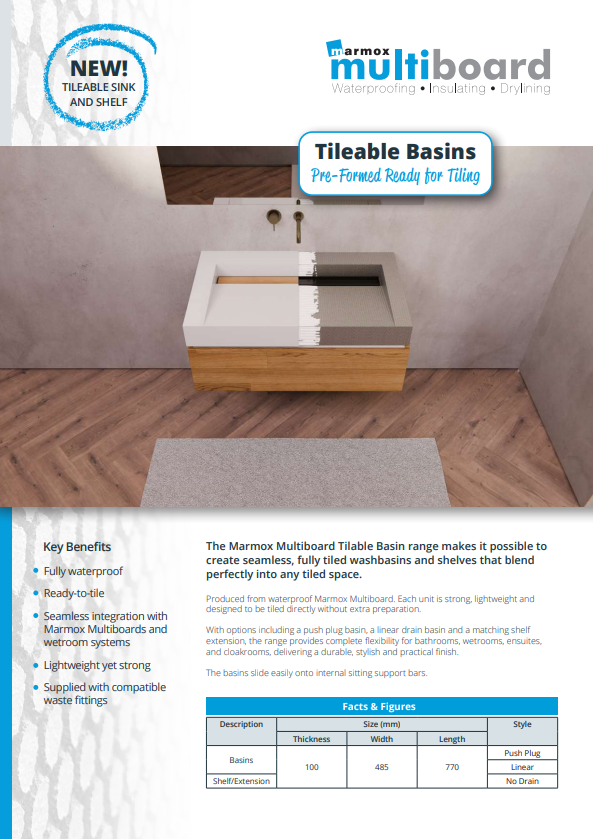Re-designating areas as Grey Belt land as part of the Government’s attempt to build more homes is "largely redundant", a House of Lords committee has said.
The House of Lords Built Environment Committee had launched an inquiry into the Grey Belt in September 2024, a few months after Labour swept to power.
The new Government has set itself a target of building 1.5 million homes in five years and developers have warned that meeting increasing housing demand will not be achieved by only building on brownfield sites.
The Government has proposed revisions to the National Planning Policy Framework (NPPF) and is consulting on a process for releasing Green Belt land. This includes creating a new designation of “Grey Belt” land.

The short inquiry sought to gain a better understanding of what Grey Belt land is, how it can contribute to housing targets and what sustainable Grey Belt development looks like.
As part of its work, the committee considered the Government’s proposed “golden rules” of the sequential test for land release, as well as the requirements for the delivery of affordable housing provision, infrastructure and enhanced green spaces and how they may affect the success of developments in the Grey Belt.
Now Lord Moylan, Chair of the House of Lords Built Environment Committee, has written to Housing Secretary Angela Rayner, and said the green belt had been treated as sacrosanct making it difficult for local authorities to build on the area, despite a high demand for more homes.
“ Following the conclusion of our inquiry and the publication of the final NPPF, we suspect that the concept of grey belt land may now be largely redundant, having been eclipsed by more significant changes to other aspects of the NPPF, which will be likely to result in Green Belt land being released through existing channels instead,” he said.
“These changes, as well as subsequent policy developments, have raised further questions about the original grey belt policy and there is, consequently, still much to be explored in this letter.
“We received a wide range of perspectives on this matter, hearing from 13 stakeholders in person and receiving 102 pieces of written evidence.
“In principle, we believed that this new category could make a positive contribution to meeting housing targets in a sustainable way, building on land with limited environmental value, and close to existing settlements. We recognised that Government policy over the last 70 years had been to treat the Green Belt as sacrosanct (with limited exceptions). This has created a dynamic in which local planning authorities have found it extremely difficult to overcome local opposition to development within the Green Belt. At the same time, however, they are under significant, and increasing, pressure to build more houses.
“We saw the potential for the proposed grey belt policy to help to resolve these tensions by enabling more pragmatic decision-making by local authorities in respect of development within the Green Belt, and by shaping public perceptions about such development and about the nature of the Green Belt itself.
“Our conclusion is that, as originally set out in the draft NPPF, these could have had a significant positive impact on the Government’s ability to increase housebuilding and stimulate construction in certain areas. However, the combined effect of the final NPPF and other recent planning policy developments is likely to mean that the impact is, at best, marginal.
“Rather than making it easier to develop within the Green Belt, and thereby significantly increasing the opportunities for this to take place, the most likely effect of the finalised grey belt policy, if any, will be to nudge councils and developers towards using the existing recognised processes to allow slightly more development in the Green Belt.
“We believe it more likely that wider policy changes relating to the Green Belt will render the new grey belt policy largely redundant. Our perspective is informed not only by the evidence we received, but also by the wider context in which the grey belt policy has been introduced.”
He added that the proposed changes to the NPPF, including the grey belt policy, were developed very rapidly, with the draft NPPF being published in the same month that the Government took office. This raises questions about how well evidenced the grey belt policy is, and these concerns were not resolved in our oral evidence session.




















